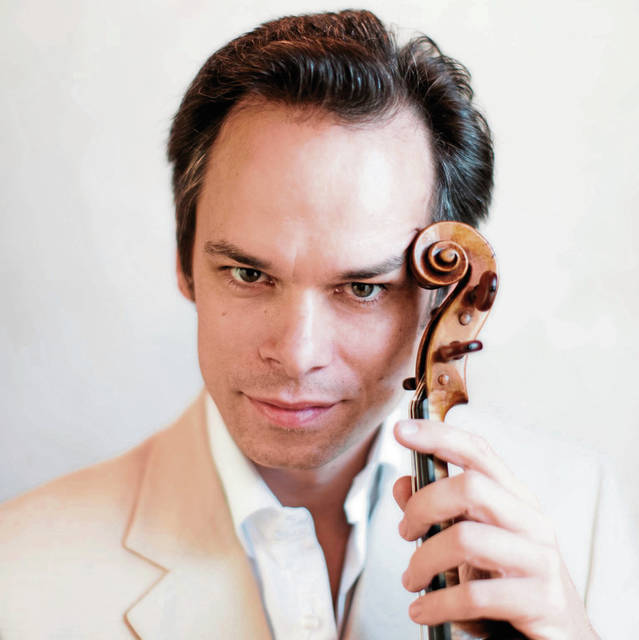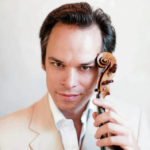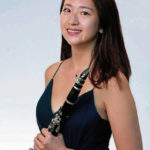Music lovers know that great music schools can present concerts with professional grade satisfaction. America is blessed with many great music schools, and among them the Curtis Institute of Music occupies a special place.
Curtis was founded in Philadelphia in 1924, and has been tuition free since 1928 to ensure that artistic talent and promise are the sole criteria for attendance. It is a small school and very selective, accepting only 4% of applicants. Two of the world’s foremost piano virtuosi — Lang Lang and Yuja Wang — are Curtis alumni, yet its students are also noted for depth of musicality. Alumni are found in top orchestras, and some return to Curtis to teach, including members of the Pittsburgh Symphony
“Curtis is unique, not only in the United States, but in the whole world,” said legendary cellist Mstislav Rostropovich.
Curtis on Tour will be presented by Chamber Music Pittsburgh on Nov. 18 at Pittsburgh’s Carnegie Music Hall. The program is Ludwig van Beethoven’s Septet, and Krzysztof Penderecki’s Duo Concertante and Sextet.
Touring program
“Learn by doing” is one of the Curtis mottos. It has an endowed touring program featuring faculty and alumni playing with students. In November Curtis has sent out two touring ensembles, one to Asia and the other nearer to home. The Pittsburgh concert is one of four on the itinerary within driving distance of Philadelphia.
The contrast of Beethoven and Penderecki is interesting and enlightening.
The Beethoven Septet “was for a brief period his greatest hit to the point that he became sick of hearing about,” says David Ludwig, chair of composition studies at Curtis. The Pittsburgh Symphony played his bassoon concerto “Pictures from a Floating World” in May and June 2015.
Beethoven “was at the threshold of his big career and it’s still an innovative piece. It’s just that the spirit and energy of the piece is very accessible to people. They really flocked to it.”
The Penderecki Sextet was written late in his career.
“It’s a really substantial piece, about a half an hour long. Penderecki embraces old forms with a lot of different characters,” says Ludwig. “What’s interesting about the two pieces artistically is the paths the composers took. Beethoven was to get more complex, more avant-garde as he got older, whereas Penderecki became more interested in finding clarity.
“The Sextet was written in 2000 and features the instruments with a great deal of character and emotion that would have been rejected in the modernist period in the middle of the last century. It is very, very different from the earlier pieces Penderecki is known for,” such as “Threnody for the Victims of Hiroshima,” which was written in 1960.
Marcus Elliott Gaved, double bass, is one of the students in the touring ensemble. He started bass at 8 after a year on violin, and transferred to Curtis after a year at the Royal College of Music in his native London. He was drawn to Curtis by the school’s value system and by the presence of two great bass players on the faculty — Harold Robinson, principal of the Philadelphia Orchestra, and Edgar Meyer, the world’s foremost bass soloist.
Gaved will play the Beethoven and Penderecki’s Duo Concertante with violinist, alumnus and faculty member Benjamin Schmid.
Gaved says there’s not much repertoire for violin and bass, basically just one piece by Giovanni Bottesni, another by Edgar Meyer and this one.
“The Penderecki is brief, showy and very dramatic,” he adds. “There’s a strong sense of dialogue. That’s what it’s based on.”











